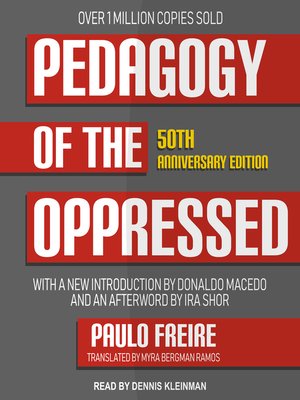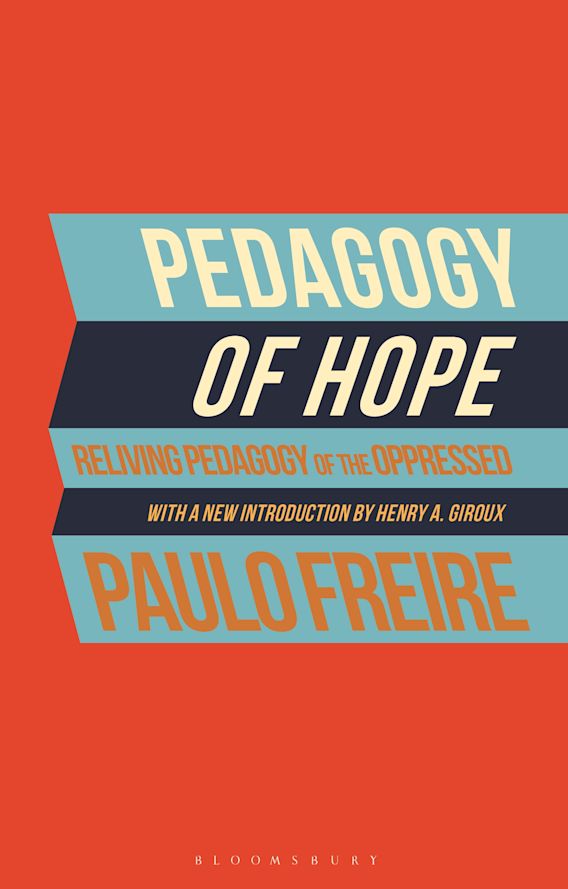
Likewise, oppressors must be willing to rethink their way of life and to examine their own role in oppression if true liberation is to occur: “Those who authentically commit themselves to the people must re-examine themselves constantly”. The oppressed must be their own example in the struggle for their redemption.įreire, Paulo (1971). No pedagogy which is truly liberating can remain distant from the oppressed by treating them as unfortunates and by presenting for their emulation models from among the oppressors.

This also illuminated education indeed as a system of parts and viewed the entire process in comprehensive terms of cause and effect. This further suggested that education should be become dialogic–an ongoing interaction between systems of learning and the students participating in those systems. And in response, Freire shifted the focus from institutions to people and the potential effects of those institutions and their practices.


Paulo Freire’s education philosophy described education as comprehensive–that is, an active process of intellectual, sociological, and political assimilation ‘performed upon’ the student.


 0 kommentar(er)
0 kommentar(er)
